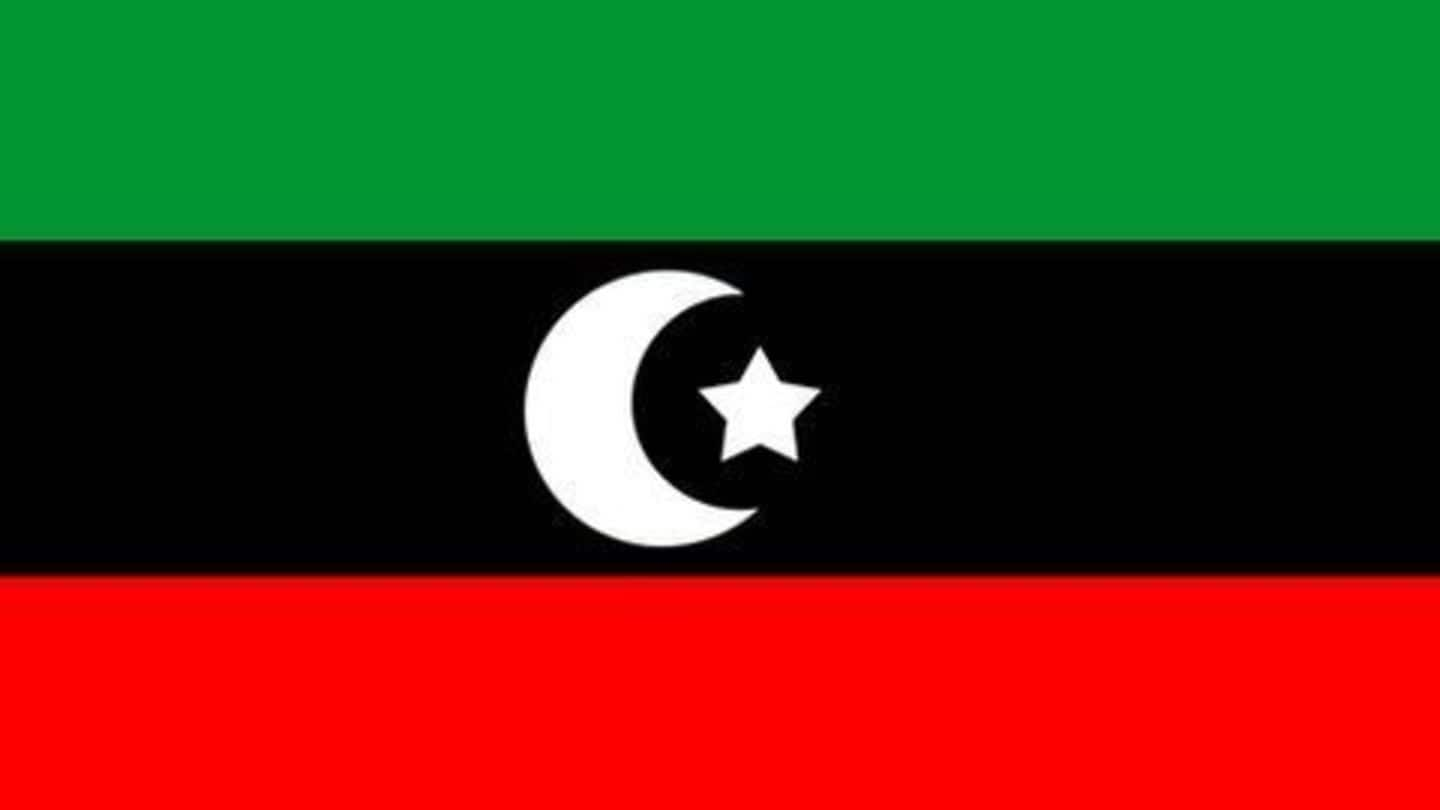
Slave markets flourishing in Libya: UN Migration Agency Report
What's the story
A recently released UN migration agency report revealed that increasing number of African migrants traversing through Libya are being trafficked and traded through slave markets in Libya. Subjected to abusive treatment, migrants are often held to ransom and women are subjected to sexual exploitation. More accounts are starting to come to light as more migrants come back from Libya. Let us know more.
Background
Why is this happening?
People from countries including Nigeria, Senegal look to migrate to Italy in search of better economic opportunities, traveling via boats from Libya's Northern Mediterranean coast. En route, they fall prey to extortion from a number of armed groups and smuggling networks, preventing them from continuing. The revelation has come about in the backdrop of ensuing chaos, following NATO backed ousting of dictator Muammar Gaddafi.
Data
Migrating to Europe
Libya is a major gateway from Africa to Europe, with more than 450,000 people crossing over in the last three years. Around 26,886 migrants have crossed over to Italy so far this year, with more than 600 known to be dead at sea.
About
Slave markets in Libya
The International Organization for Migration (IOM) calls the emergence of these markets, "a disturbing new trend" and can be added to the "long list of outrages in Libya". The IOM Report further suggests that the trade has acquired a certain normalcy and is carried out publicly. Sabha, a main trading hub in Libya has markets being carried out in garages and car parks.
Conditions
Oh so dreadful
They are traded for around $200-500 and are held for 2-3 months. Further, migrants with skills such as painting are valued higher. Many of them are detained in transit to Italy, often cheated by middlemen. They are kept in dreadful conditions including constant physical torture and starvation. They are employed as day labourers in construction or agriculture, with or without pay.
Data
Held for ransom
A number of private prisons have been flourishing alongside slave markets in Libya. Migrants are held in these prisons, with their captors demanding ransom from their families, who are often unable to afford it. They are killed or starved to death if unable to pay.
Analysis
The bigger picture
Flourishing of slave markets and smuggling networks in Libya have emerged out of a power vacuum leading to utter chaos. This issue is to be taken as a primer to the much larger security and socio-economic issues affecting the North African region. While the focus of the world has been drawn by the Syrian migrant crisis, Libya's plight has gone under the radar.